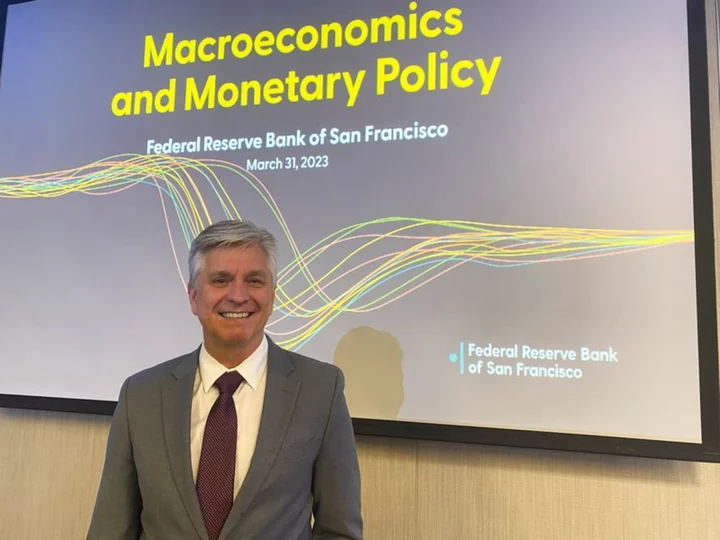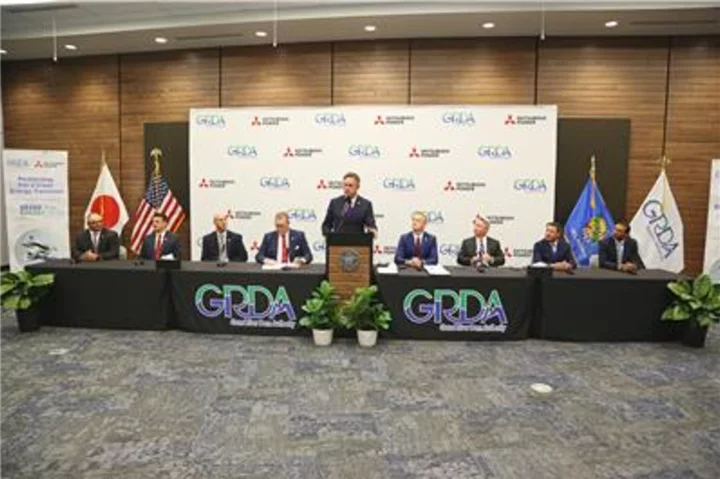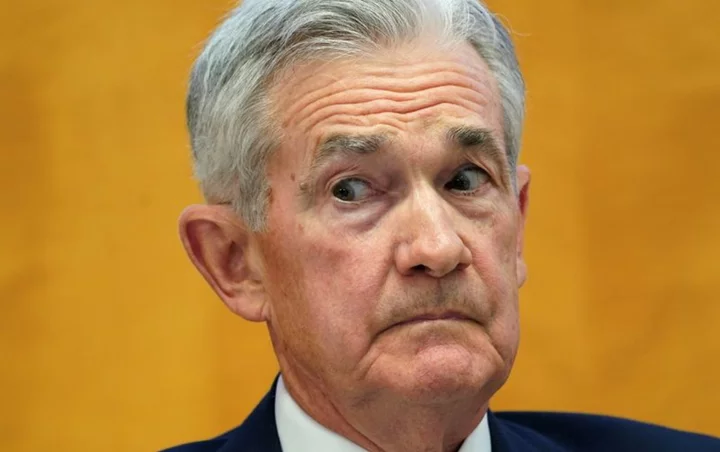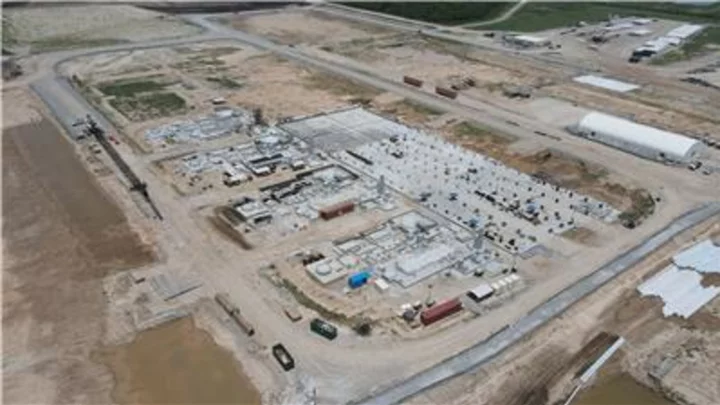By Howard Schneider and Ann Saphir
WASHINGTON U.S. Federal Reserve Governor Christopher Waller said on Tuesday he is "increasingly confident" that the current setting of the central bank's benchmark interest rate will prove adequate to lower inflation to the Fed's 2% target.
"I am increasingly confident that policy is currently well positioned to slow the economy and get inflation back to 2%," Waller said in comments prepared for delivery at the American Enterprise Institute think tank.
After a period when faster-than-expected U.S. economic growth threatened to reverse a steady easing of inflation, Waller said, "I am encouraged by what we have learned in the past few weeks - something appears to be giving, and it’s the pace of the economy," rather than the progress on inflation, which he said appears to be edging steadily lower.
Waller's comments included the caveats that are now standard in public appearances by Fed officials.
"Inflation is still too high, and it is too early to say whether the slowing we are seeing will be sustained," he said. "There is still significant uncertainty about the pace of future activity, and so I cannot say for sure whether the (Federal Open Market Committee) has done enough to achieve price stability."
However the remarks, from a hawkish and influential voice on the Fed's Board of Governors, come close to announcing an end of the Fed's tightening cycle, absent an unexpected shock in upcoming data.
The Fed at its last meeting held the benchmark interest rate steady in a range of 5.25% to 5.5%, and analysts with near certainty expect the same outcome at the next policy meeting on Dec. 12-13.
New inflation data will be released on Thursday, and policymakers will also have fresh jobs and other data in hand before they gather.
But Waller ticked off a healthy list of recent data that have already moved in the Fed's direction, with consumer prices flat in October, retail spending easing, and a slow easing in wage growth.
The job market does remain "fairly tight," and bears watching, he said, while a recent drop in long-term market interest rates has tempered some of the credit tightening the Fed relies on to slow the economy.
But long-term interest rates "are still higher than they were before the middle of the year, and overall financial conditions are tighter, which should be putting downward pressure on household and business spending," Waller said.
"All in all, it seems like output growth is moderating as I had hoped it would, supporting continued progress on inflation."
(Reporting by Howard Schneider and Ann Saphir; Editing by Andrea Ricci)









